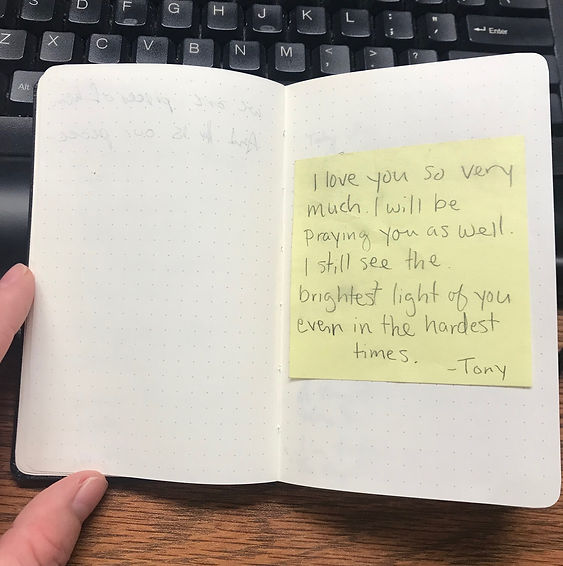Diagnosis Vs. Genetic Test
It’s important to recognize that inheriting the gene for amyloidosis is not the same thing as the disease onset.
If someone you love has tested positive for hereditary Amyloidosis, their body creates the misfolded protein called Amyloids.
The disease ONSET (or when the symptoms start), happens differently for each variation. And is always into adulthood.
That’s why it’s called an Adult Onset Disease.
(source: National Health Service)
Once the disease onset starts, it rapidly progresses. You will need to get diagnosed and treated by amyloidosis specialists as soon as possible.
We recommend if at all possible, to go to Mayo Clinic, whose team of specialists will work with you to diagnose each system in your body (blood, heart, nerves, liver, GI, etc).
It doesn't matter where you go to get diagnosed, so much as it does that your specialists talk to each other.












